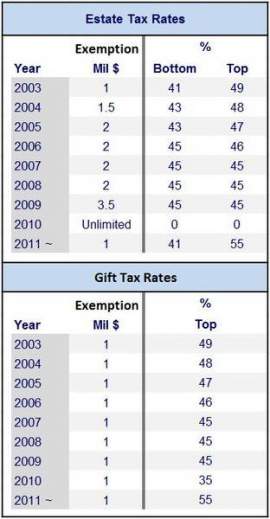
Gross Receipt Tax at a Glance

Gross receipt taxes are imposed on the total profit of any company. There are some companies, such as non profits, that are exempt form having to pay this tax. In non profits, any revenue, or profit, is poured back into the company, therefore there is no actual profit. A gross receipts tax is a form of sales tax that is imposed on the seller of good and services.
Generally, the seller will add to the cost of a product and pass those taxes onto the consumer. Consumers often end up shouldering the burden of the taxes on any item, which were likely imposed at several levels, without ever realizing it.
The gross receipts tax is only currently imposed in about ten states. The gross receipts tax includes taxes on all profit or revenue for any business, regardless of the source of that revenue. Gross receipts taxes are the burden of the business that sells an item to consumers. The tax is not the burden of those that purchase the item, but the cost of the tax is often added to goods and services.
This is done so that a business can recoup some of the money they spend on gross receipts taxes. The tax is implicitly added to the cost of any item. In other words, the consumer will not see the tax listed on their receipt. Rather, the tax is included in the price of the item once it is in the hands of the consumer.
Generally, the gross receipts tax is imposed a different percentages, depending on the size, or profitability of a business. Smaller businesses are generally charged a lower percentage of their profit as a gross receipt tax. For example, Delaware imposes a gross receipts tax at a rate of less than one percent to businesses that have a profit below a certain threshold, whereas businesses with a higher profit are subject to a gross receipt tax of up to two percent.
Each state imposes its gross receipts tax differently. In Mississippi, there is a three and half percent gross receipt tax imposed on construction across the state. There are a variety of ways that a gross receipts tax can be imposed to businesses.
The Gross receipt tax has been the subject of controversy. No state is suppose to impose a tax that could have negative impact on business of the Nation as a whole. Some gross receipts taxes are in excess of five percent which could discourage a business from having a branch in a certain state. There have been challenges to the tax, because businesses have claimed that it unfairly places a burden on them.
However, the tax is generally added to the cost of products once they reach the consumer. While the consumer may not realize the increase in price is due to the gross receipts tax, the cost of products to consumers in certain states, is higher in proportion to the percentage of tax assessed by that state.
NEXT: Know the Types of Sales Taxes





















